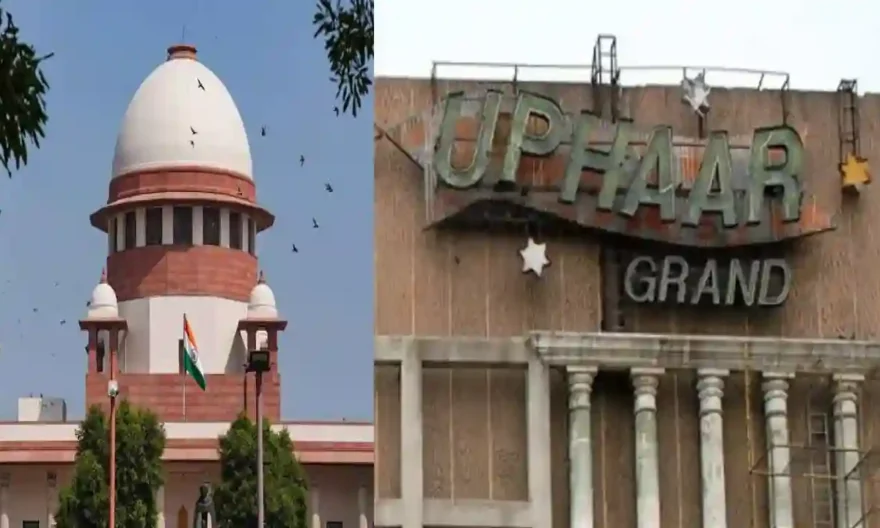
The Supreme Court recently overturned an order summoning former Indian Police Service (IPS) officer Amod Kanth in the Uphaar cinema fire case. He was summoned for allegedly allowing extra seats in the theatre.
The SC overturned the Delhi High Court’s ruling refusing to quash summons and upheld a magistrate’s summons order.
A bench led by Justice KM Joseph determined that under the facts of this case, the magistrate taking cognizance of the appellant violates section 197 of the Criminal Procedure Code (CrPC) on short premise.
The court has clarified that this will not prevent the competent authority from making decisions in the matter in accordance with the law, awarding prosecution appellant.
The petition filed against the Chief Metropolitan Additional Sessions Judge rejecting the Central Bureau of Investigation (CBI) closure report was also dismissed by the HC under Section 482 of the CrPC. The magistrate rejected the CBI’s closure report and accepted the victims’ protest petition.
Kanth was appointed Deputy Commissioner of Police (DCP) in 2009 and was also charged with licensing duties under the Cinematograph Act and Rules, according to the court.
The court noted that the aspect of lapses discovered in this fire tragedy case was recognised and articulated by this court in its 2014 decision. In other words, lapses were discovered by this court.
However, in this case, the court is only concerned with dealing with arguments that there is no sanction.
The court stated that the aim of the necessity for sanction under Section 197 CrPC is to provide safety to public officials.
“A state function may be sovereign or non-sovereign, but every function performed by every public servant must be for the public good. Exercise of power can’t be diverse from object of exercise of power,” the court stated.
According to the court, even officers acting in the claimed exercise of his official power are protected by section 197 of the CrPC. This is for the simple reason that an officer can go about wielding power fearlessly.
The court further added that, without a doubt, the exercise of power must be done in good faith, since all public servants can only act in good faith. In truth, a need of bona fide action is not clearly specified in section 197 of the CrPC, though it is present in other statutes.
The court noted that this must not be confused with question as to whether Kanth committed any crime.
When it is unclear whether an act of omission that constitutes an offence in law was performed in the exercise of an official function of a public servant, the court may carry on and allow proceedings to proceed.
The bench stated that if the court did not object to cognisance being taken without authorisation, the aim of section 197 of the CrPC would be defeated.
The court further stated that when it comes to questions of cognisance in these cases, it all comes down to facts and must be decided on a case-to-case basis.
The bench has now scheduled a hearing on April 26 to discuss the de-sealing of the theatre.




